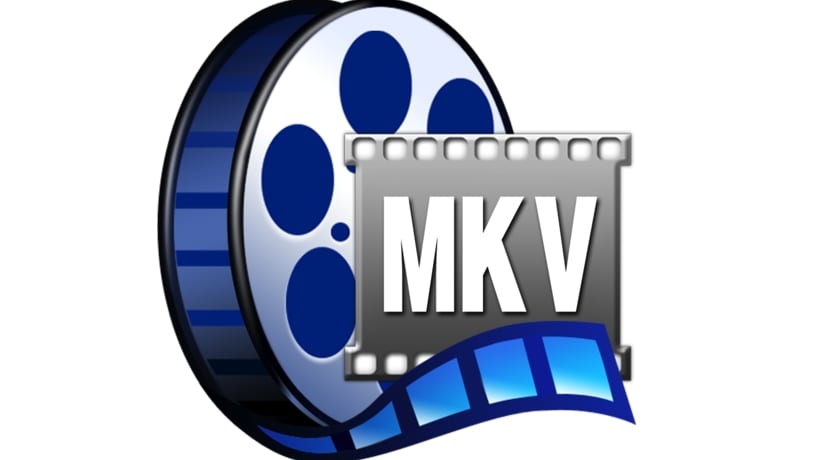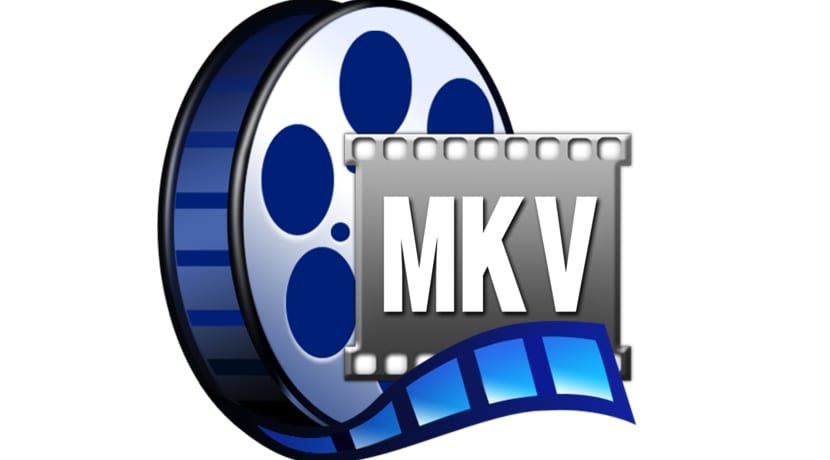
Decoding the MKV Video Format: An Informative Guide 2023
The Advantages of the MKV Video Format
The MKV video format, also known as Matroska, is a widely-used open-source container format for videos. It provides a convenient way to store and play back multiple video and audio tracks, subtitles, and metadata within a single file. In this guide, we will explore the features and benefits of the MKV format and how to effectively utilize it.
One of the key benefits of the MKV format is its ability to accommodate multiple video and audio tracks in a single file. This means that you can include various languages, subtitles, and even different video and audio qualities within the same file. It’s particularly useful for movies and TV shows that offer multiple language options and subtitles. Additionally, this feature simplifies the sharing and distribution process, eliminating the need for separate files for different languages or subtitles.
Flexibility is another advantage of the MKV format. It supports a wide range of video and audio codecs, including H.264, H.265, VP9 for video, and AC3, DTS, FLAC for audio. As a result, the MKV format is suitable for storing and playing high-quality videos, including high-definition and even 4K content.
The MKV format excels in its support for subtitles. It can handle multiple subtitle tracks, allowing you to choose the preferred language or add custom subtitles to the video. This is especially beneficial for individuals who want to watch movies or TV shows in foreign languages while maintaining comprehension.
matroska video
To work with MKV files, you’ll need a media player that supports the format. Popular options include VLC, Media Player Classic, and KMPlayer, which seamlessly play MKV files. Certain video editing software like Adobe Premiere Pro, DaVinci Resolve, and Avid Media Composer also offer compatibility with the MKV format, enabling you to edit videos in this format.
Despite its numerous advantages, it’s important to note that the MKV format may not be as universally supported as other video formats like MP4 and AVI. Compatibility issues may arise when attempting to play MKV files on certain devices and platforms. However, converting MKV files to alternative video formats can be easily achieved using video converter software.
In conclusion, the MKV format is a versatile and powerful video container format that offers a range of features and advantages. Its ability to store multiple video and audio tracks, along with subtitles and metadata, makes it an excellent choice for movies and TV shows. Furthermore, its flexibility and support for various codecs ensure seamless playback of high-quality videos.
In the realm of digital media, the MKV (Matroska Video) format has gained significant popularity as a versatile and flexible container for video, audio, and subtitle files. While many users are familiar with common video formats like MP4 or AVI, MKV remains a mystery to some. This article aims to decode the MKV video format, providing an informative guide for understanding its features, benefits, and compatibility.
Free Video Downloader
What is MKV?
MKV is an open-source multimedia container format that can store a vast array of audio, video, and subtitle streams within a single file. Developed by Matroska, it offers a flexible platform for combining different types of media data. MKV files are recognized by their .mkv file extension.
Features and Benefits of MKV:
1. Flexible Media Integration:
MKV allows the inclusion of various audio, video, and subtitle tracks in a single file, enabling seamless integration of multiple languages, alternate audio tracks, or different video qualities.
2. High-Quality Playback:
MKV supports high-definition video and audio formats, including advanced codecs like H.264, HEVC, DTS, and Dolby TrueHD. This makes it suitable for preserving the original quality of movies, TV shows, and other multimedia content.
3. Chapter and Metadata Support:
MKV supports chapter markers, which enable easy navigation within longer videos. Additionally, it provides robust metadata support, allowing users to embed information such as title, author, genre, and more directly into the file.
4. Subtitle Support:
MKV provides extensive subtitle support, accommodating multiple subtitle formats, including SRT, ASS, SSA, and VobSub. This makes it convenient for viewers to enjoy foreign films or multimedia content with captions.
5. Streamable Content:
MKV files can be streamed over a network, making them suitable for online distribution and media streaming platforms. With the proper streaming server setup, users can enjoy MKV content without having to download the entire file.

Compatibility and Playback:
One of the advantages of MKV is its broad compatibility across various operating systems and media players. Most modern media players, including VLC, Windows Media Player, Kodi, and Plex, support MKV playback without the need for additional codecs or plugins. Furthermore, MKV files can be easily converted to other popular formats if necessary.
However, it’s worth noting that older devices or media players with limited codec support may struggle with playing MKV files. In such cases, transcoding the MKV file to a more widely supported format might be necessary.
The MKV video format offers a flexible and feature-rich container for multimedia content. Its ability to integrate multiple audio, video, and subtitle tracks, high-quality playback, extensive metadata support, and broad compatibility make it a preferred choice for many users. Whether you’re a movie enthusiast, content creator, or simply seeking a versatile format, understanding MKV will enhance your digital media experience. Embrace the benefits of MKV and unlock a world of possibilities for enjoying and sharing multimedia content.
Decoding the MKV Video Format: An Informative Guide
In the world of digital media, the MKV (Matroska Video) format has gained significant popularity due to its versatility and advanced features. Whether you are a video enthusiast, a content creator, or simply an avid movie watcher, understanding the intricacies of the MKV format can greatly enhance your multimedia experience. In this article, we will delve into the details of the MKV video format, exploring its benefits, compatibility, and decoding process.
Understanding MKV Format:
MKV is an open-source container format that can hold various types of audio, video, and subtitle streams within a single file. Unlike other formats such as AVI or MP4, MKV allows for flexible streaming and storage of multiple tracks, making it ideal for high-definition videos, including Blu-ray and 4K content. The MKV format also supports advanced features like chapter navigation, metadata, and selectable audio and subtitle tracks, offering a comprehensive multimedia package.
Benefits of MKV Format:
1. Versatility:
MKV is a highly versatile format that can contain different types of multimedia streams, such as various audio codecs (MP3, AAC, FLAC) and video codecs (H.264, HEVC, VP9), providing flexibility in terms of content creation and playback.
2. High-Quality Playback:
With support for high-definition video and lossless audio codecs, MKV ensures an immersive and superior multimedia experience, preserving the original quality of the content.
3. Multiple Subtitles and Audio Tracks:
MKV files allow for the inclusion of multiple subtitles and audio tracks, enabling viewers to select their preferred language or audio source while watching the video.
4. Chapter Navigation:
MKV supports chapter markers, enabling easy navigation within the video file, particularly useful for long videos or movies.
Compatibility and Decoding:
Decoding an MKV file involves extracting the audio, video, and subtitle streams from the container format and playing them back using compatible software or hardware. Most modern media players, such as VLC Media Player, MPC-HC, and PotPlayer, natively support MKV playback, making it hassle-free for users to enjoy their favorite MKV content.
However, in some cases, compatibility issues may arise, particularly with older media players or devices. To overcome this, users can convert MKV files to more widely supported formats like MP4 or AVI using dedicated video conversion software. This process ensures broader compatibility while retaining the video and audio quality.
The MKV video format has emerged as a popular choice for multimedia enthusiasts, offering a range of advanced features and benefits. Its flexibility, support for high-quality video and audio codecs, and compatibility with various subtitles and audio tracks make it an excellent choice for content creators and consumers alike. By understanding the MKV format and its decoding process, users can fully appreciate the rich multimedia experience it provides. So, embrace the MKV format and unlock a world of versatile and immersive video content.